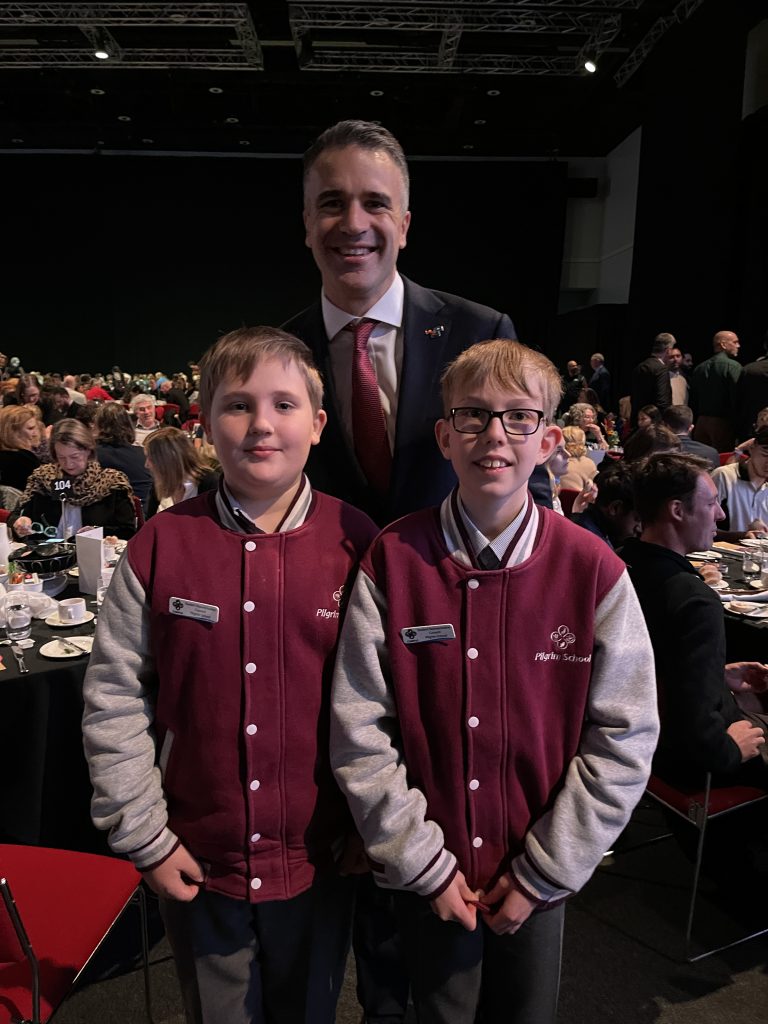Reconciliation
Acknowledgement of Country
We live, learn and work together on Kaurna Land.
We acknowledge the culture of the Kaurna Meyunna as the First Peoples of this Land.
We pay respects to the Elders past, present and emerging.
We are committed to working together to honour their living cultures.
Reconciliation Action Plan (RAP)
Pilgrim School is committed to valuing all people and creating a world free from racism and prejudice. We strive to see a just and respectful society based around the core pillars of relationships, respect, and opportunities.
Our Reconciliation Action Plan launches our children, families, and staff into opportunities to grow, discover, learn and bring change for our country. We will work towards strengthening relationships between Aboriginal and Torres Strait Islander peoples and non-Indigenous peoples, for the benefit of all Australians.
Reconciliation is an ongoing journey developing relationships, respect, and opportunities:
- In the classroom
- Around the school
- With the community
Important events for our school community
National Reconciliation Week – held every year from 27 May to 3 June – is a time for all Australians to learn about our shared histories, cultures, and achievements, and to explore how each of us can contribute to achieving reconciliation in Australia.
What is the significance of:
- 27 May – The anniversary of the 1967 referendum when Australians voted to remove clauses in the Australian Constitution that discriminated against Aboriginal and Torres Strait Islander peoples.
- 3 June – marks the historic 1992 Mabo decision in which the High Court of Australia recognised native title—the recognition that Aboriginal and Torres Strait Islander peoples’ rights over their lands did survive British colonisation.
- 26 May, the day before National Reconciliation Week, is National Sorry Day, which was first held in Sydney in 1998 and is now commemorated nationally to remember and honour the Stolen Generations.
NAIDOC Week (National Aborigines and Islanders Day Observance Committee) occurs annually in July, and celebrates the history, culture and achievements of Aboriginal and Torres Strait Islander peoples.
At its heart, reconciliation is about strengthening relationships between Aboriginal and Torres Strait Islander peoples and non-Indigenous peoples, for the benefit of all Australians.
* This information has been taken from a ‘National Reconciliation Week’ sheet produced by Reconciliation Australia (www.reconciliation.org.au)



